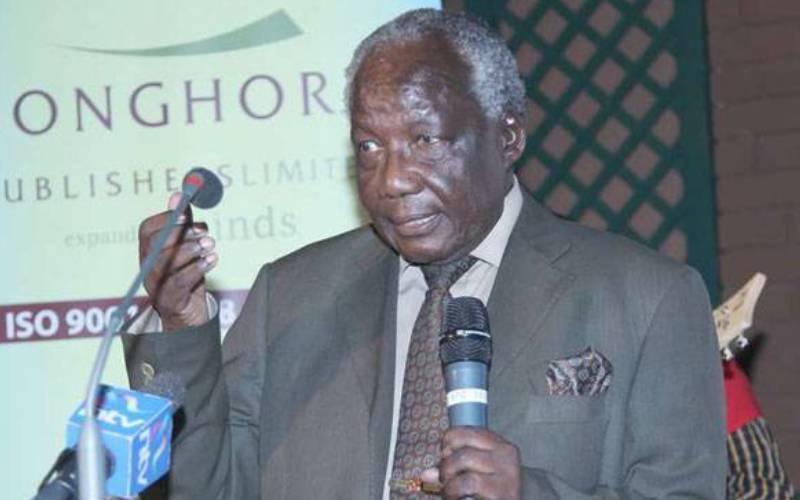×
The Standard e-Paper
Smart Minds Choose Us

We depart from the usual sketch to offer a parody of Philip Ochieng, to whose memory this tribute is dedicated.
This tribute is not for mass circulation; it’s primarily meant for the peers of Philip Ochieng, the doyen of Kenyan journalism who died this week at the age of 83. A pioneering scribe whose strident arguments in sprightly diction earned him a massive following, he was a complex, contumacious man whose appetite for life was only matched by his voracious search for knowledge.